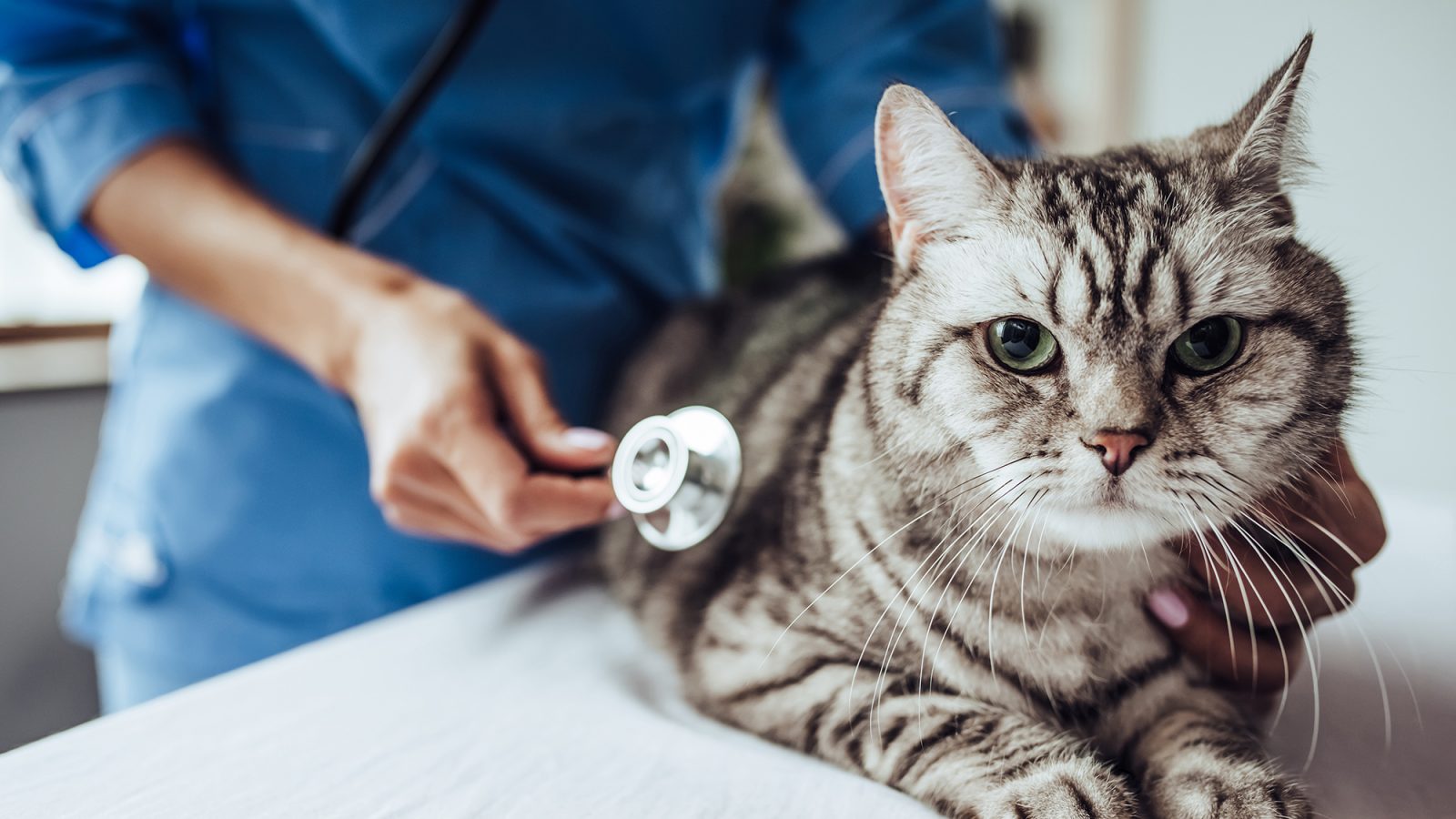
Image Source: Google
Pets are beloved members of our families, and as pet owners, we have a responsibility to ensure their well-being. One of the most important players in preserving the health and happiness of our furry companions is the pet veterinarian. These professionals play a critical role in safeguarding the overall health of our pets, from routine check-ups to emergency care.
Regular visits to a pet veterinarian are crucial for maintaining a healthy and long life for our pets. Just like humans, pets require routine check-ups to monitor their overall health and catch any potential issues before they become serious. During these visits, the veterinarian will perform a thorough examination of your pet, checking their weight, heart rate, and overall physical condition. They will also ask about your pet's behavior, eating habits, and any concerns you may have. These routine check-ups allow the veterinarian to identify and address any health concerns promptly.
In addition to routine check-ups, pet veterinarians play a vital role in preventing and treating illnesses. They provide vaccinations and advice on preventive care to protect your pet from common diseases and infections. Veterinarians also conduct diagnostic tests to detect any underlying health conditions that may not be immediately apparent. By identifying these conditions early on, the veterinarian can develop a treatment plan to manage or cure the illness. They may also recommend dietary changes, exercise routines, or medications to improve your pet's quality of life.
In the event of an emergency or injury, a pet veterinarian is the first point of contact. Accidents can happen at any time, and having a veterinarian you trust is crucial in these moments. They can provide immediate care and stabilize your pet until they can be transferred to a specialized facility if needed. Pet veterinarians are trained to handle a wide range of emergency situations, from broken bones to poisoning, ensuring your pet receives the best possible care when it matters most.
Another essential aspect of a pet veterinarian's role is educating pet owners. Veterinarians can provide valuable information and guidance on topics such as nutrition, exercise, and behavioral issues. They can offer advice on the best diet for your pet's specific needs, helping to prevent obesity and other related health problems. Additionally, veterinarians can address behavioral concerns, providing tips on training and socialization to ensure your pet is well-behaved and happy.
Furthermore, pet veterinarians play a crucial role in the well-being of our pets as they age. As our pets grow older, they may develop age-related health issues, such as arthritis or dental problems. It is during this stage of life that regular visits to the veterinarian become even more critical. Veterinarians can monitor and manage these conditions, ensuring your pet's comfort and overall well-being. They can also provide guidance on senior pet care, including adjustments to diet, exercise, and medication.
In conclusion, pet veterinarians are instrumental in preserving the well-being of our beloved companions. Through routine check-ups, preventive care, emergency response, education, and senior pet care, they play a fundamental role in maintaining our pets' health. By entrusting our pets to these professionals, we can ensure that our furry friends receive the best possible care to live healthy and fulfilling lives.